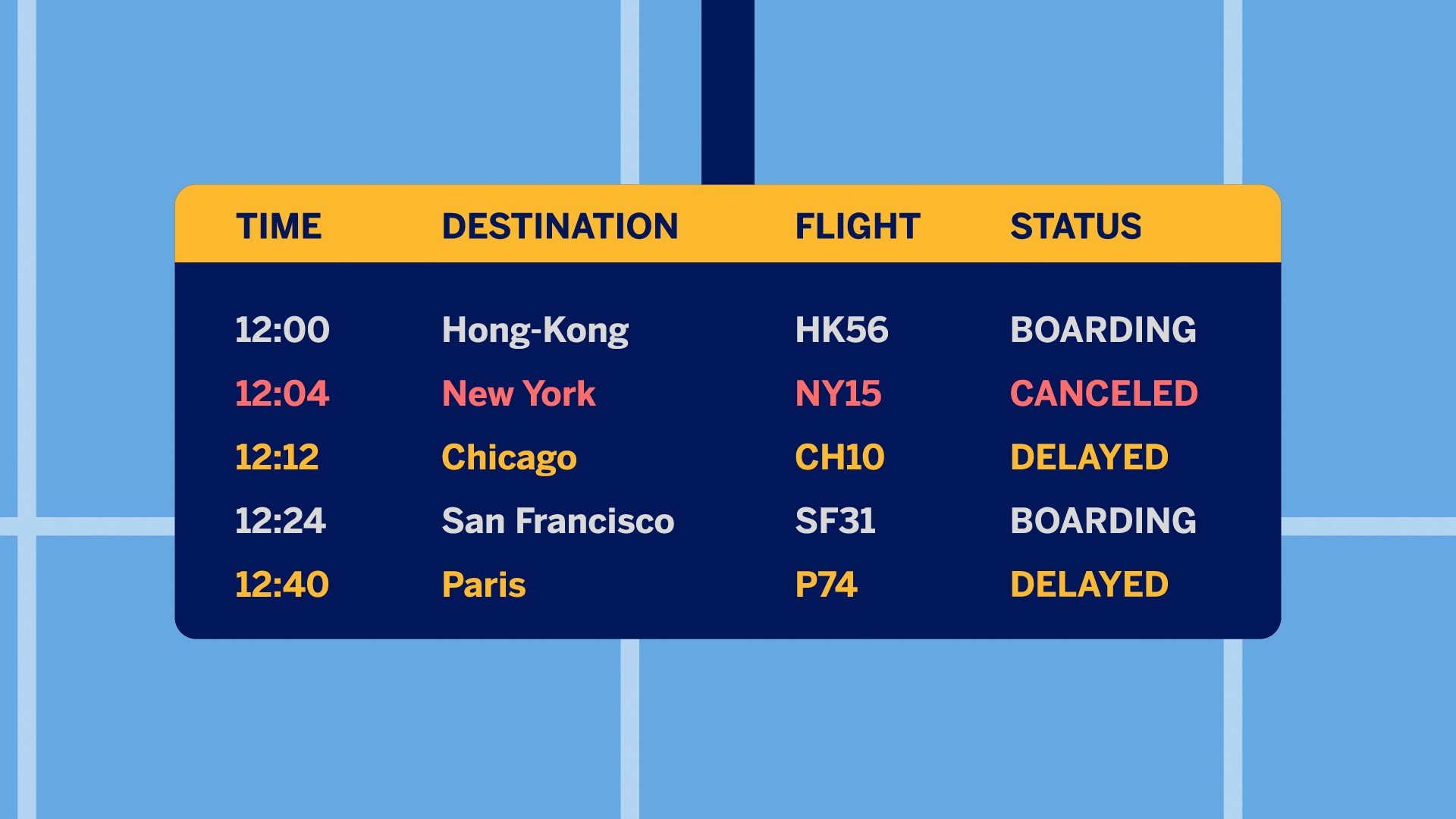Many members of the American Express Global Business Travel (Amex GBT) and Egencia teams recently got back from the 53rd annual Global Business Travel Association (GBTA) Convention in San Diego feeling invigorated. Connecting with our peers and partners at the biggest industry event for business travel management was extraordinary. It served as another reminder of how critical face-to-face interactions are for building relationships, exchanging ideas, and nourishing the human psyche.
In case you could not attend, here are some observations and takeaways.
Business travel recovery
A question on many attendees’ minds was about the rebound of business travel and when it’ll return to pre-pandemic levels. According to GBTA’s 2022 Business Travel Index that was released at the conference, global business travel spending is expected to total $933 billion this year, 65% of the 2019 level. GBTA anticipates business travel spend to fully recover to $1.4 trillion in 2026 – nearly two years later than it predicted last November.
What’s behind the delay? While the association says many COVID-related conditions have improved, macroeconomic woes related to inflation, high energy prices, supply chain challenges, and labor shortages are impacting the “timing, trajectory and pace of business travel’s recovery, both globally and by regions,” according to a GBTA press statement.
“To understand the headwinds that have been impacting a more accelerated recovery for global business travel, all you have to do is look at the news headlines since the beginning of 2022. The factors impacting many industries around the world are also anticipated to impact global business travel recovery into 2025,” said Suzanne Neufang, CEO of GBTA.
GBTA says that regions will recover unevenly with North America and Western Europe having the sharpest recoveries – growing to $363.7 billion and $323.9 billion, respectively, by 2026.
Sustainable travel
Sustainability was a prevalent theme at this year’s event as companies increasingly seek ways to make their travel and meetings programs sustainable.
According to a stat cited at the GBTA Convention and reported by Reuters, flights account for more than 90% of business travel emissions and 3% of the total global impact.
Corporates can make a significant impact by making small changes to a policy. As reiterated several times at the conference, the time to act is now.
Carbon offsetting is a vital compensation mechanism your company can take today. When evaluating programs, convention goers were encouraged to consider a project’s price, quality, and integrity. They were told to also consider programs where the carbon reductions achieved are due to the project itself and would not have occurred otherwise (a concept known as “additionality”), that there’s no “double counting” where two parties claim the same carbon removal, and that there’s “permanence” – i.e., that the project provides lasting benefits to the environment.
A lot of the sustainability discussion also centered on sustainable aviation fuel (SAF), an alternative jet fuel produced from waste plant or animal material that has become the airline industry’s primary pathway to net zero.
SAF is not widely available today due to high costs and low production levels. As noted at the conference, collaboration and alignment among the airlines, travel providers, and corporate customers will be key to accelerating the development and use of the alternative fuel. Those who want to get involved and carve this path can join a SAF pilot program we’ve launched with Shell Aviation.
Managing flight disruptions
As some attendees may have noticed while traveling to and from San Diego to the convention, flight delays and cancellations are rising. According to a survey by Egencia and promoted at the GBTA Convention, nearly 70% of the 2,250 business travelers polled believe they will experience a disruption if they travel today, and 73% did experience a disruption of some sort on a recent trip.
The surge of disruptions is changing the way business travelers schedule their trips. About 46% of those surveyed said they had booked early-morning flights to avoid delays or cancellations, and 40% stated they avoid particular airlines or airports to minimize disruption – a striking finding.
As Egencia president Mark Hollyhead told BTN at the GBTA conference, “Because of your perspective on what’s going to happen, you’re more likely to book a flight early in the morning because it’s a higher guarantee than waiting until the end of the day … I think that’s new.”
Typically, he said, most travelers would schedule flights based around their meeting plans or business needs, but “if I’m indexing toward my own personal life, making sure I’ve got the highest probability of getting to where I need to be at a certain time, that’s a very different lens of business travel.”
The Egencia research also showed that nearly three-quarters of business travelers polled are more likely to use digital tools like apps and virtual agents to get disrupted trips back on track since the pandemic. But not all tools are created equal.
At the GBTA conference, we launched a distinctive set of disruption management services that expand on our unique proactive assistance services to deliver more actionable information and convenient ways for travelers to connect with us when a disruption derails their plans.
Learn more here or by clicking the image below.

Share